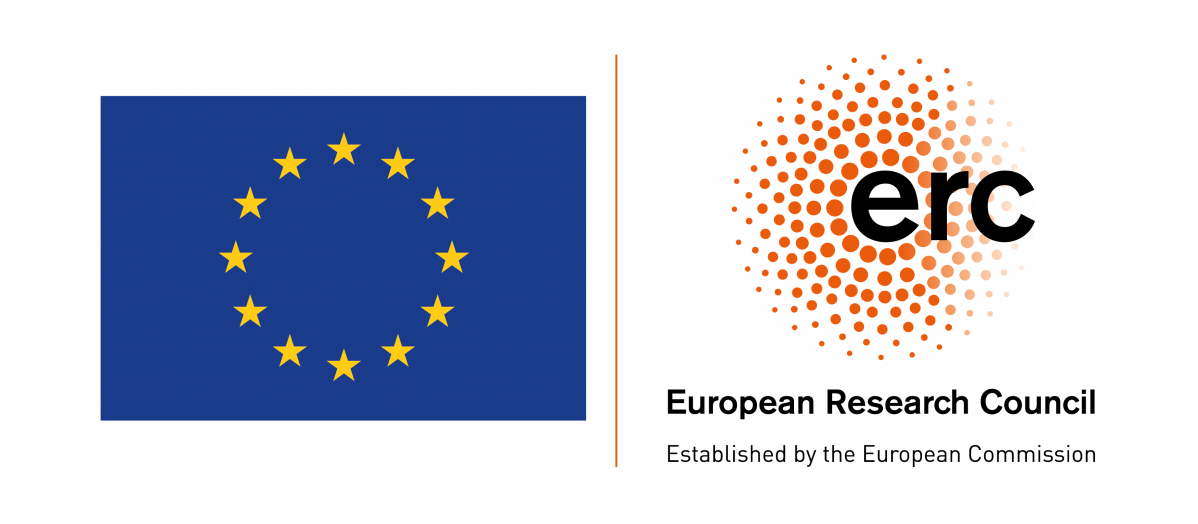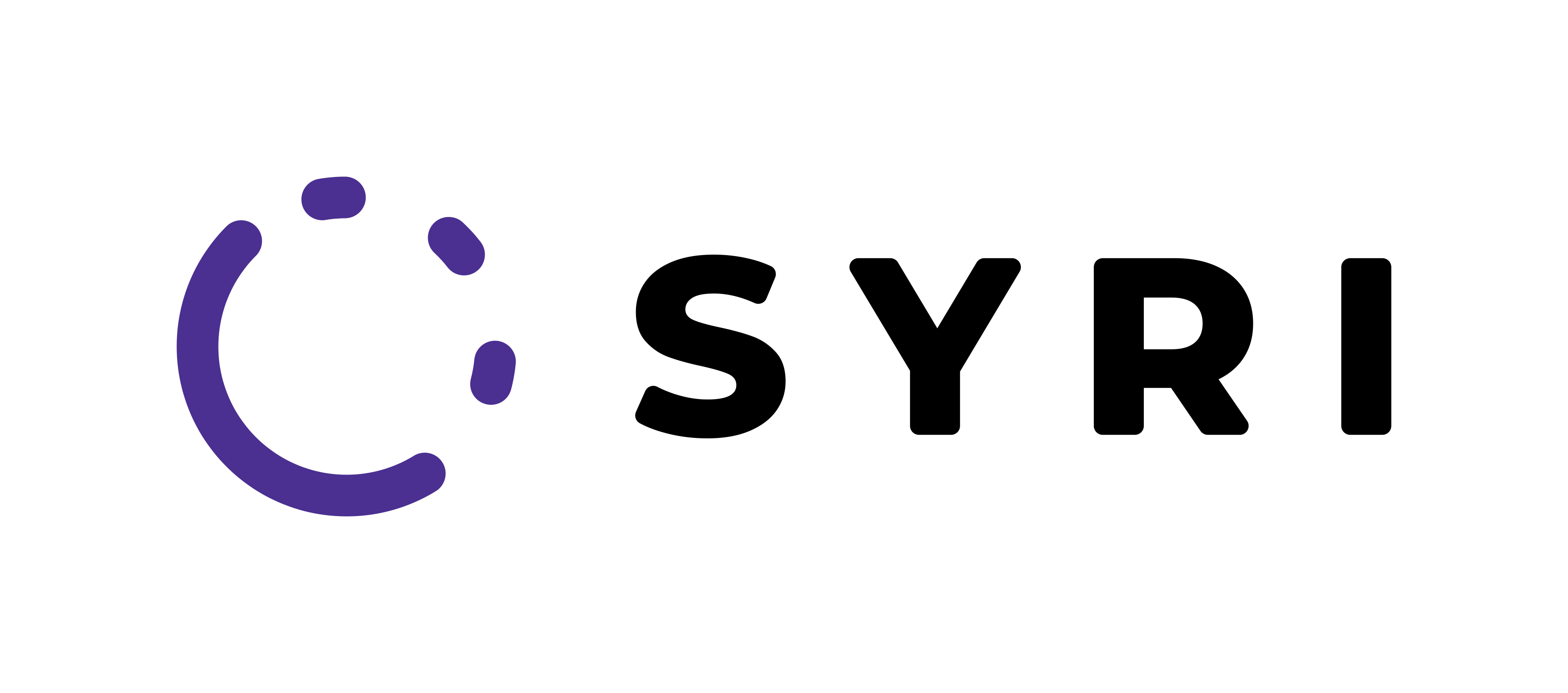Workshop on information-based semantics and related frameworks Organized by the Department of Logic
Detailed information
Program
10:00-10:50 Fan Yang: Non-downward closed team-based propositional logics
coffee break
11:10-12:00 Davide Quadrellaro: On the model theory of team semantics
lunch
14:00-14:50 Johannes Korbmacher: The granularity of inquisitive and truthmaker content
coffee break
15:10-16:00 Antonio Piccolomini d'Aragona: Some results in non-monotonic proof-theoretic semantics
coffee break
16:20-17:10 Ivo Pezlar: An implication elimination-like variant of the generalized Kreisel-Putnam rule and its computational content
Abstracts
Fan Yang: Non-downward closed team-based propositional logics
Team semantics was introduced by Hodges in 1997 primarily to provide a compositional semantics for Hintikka and Sandu’s independence-friendly logic (1989). This framework was further developed by Väänänen in dependence logic (2007), a formalism for reasoning about dependence and independence relations. Inquisitive semantics (Ciardelli and Roelofsen, 2011), which aims to characterise questions in natural language, independently also adopts team semantics. The fundamental idea of team semantics is that dependency properties manifest themselves in multitudes. Consequently, propositional logics based on team semantics evaluate formulas on sets of possible worlds (called teams, or states) rather than on single possible worlds as in traditional semantics. Well-studied propositional logics in this setting, such as propositional dependence logic and inquisitive logic, all satisfy the downward closure property. In this talk, we discuss team-based propositional logics that are not downward closed, which have so far received less attention in the literature. We show in particular that the team-based propositional logic with dependence and inclusion atoms is the strongest one, in the sense that it captures all team properties (modulo the empty team).
Davide Quadrellaro: On the Model Theory of Team Semantics
In this talk I will introduce a model-theoretic framework for team semantics and I will give some examples of its applications. In particular, I shall first introduce the notion of abstract elementary team categories and show they are a generalization of Shelah's Abstract Elementary Classes. Then, using this framework, I will sketch two applications of this approach: (1) I shall sketch a proof that the logic FOT introduced by Kontinen and Yang satisfies a version of Lindström's Theorem and (2) I will describe a downwards and upwards categoricity transfer results for theories in existential second-order logic (or, equivalently, in Independence Logic). This talk is based on a joint work with Tapani Hyttinen and Joni Puljujärvi.
Johannes Korbmacher: The granularity of inquisitive and truthmaker content
The aim of this talk is to compare truthmaker semantics and inquisitive semantics from the perspective of hyperintensional logic.
Following Cresswell (1975), we call an operator, O, hyperintensional just in case O doesn’t respect logical equivalence, meaning that O(ϕ) and O(ψ) can differ in truth-value even when ϕ and ψ are logically equivalent. The research of the last decades has shown that a wide range of philosophically significant operators are, in fact, hyperintensional—including (but not limited to) knowledge and belief operators, question and explanation operators, imperative and permission operators, and many others.
From a logical perspective, the thing about hyperintensional operators is that they force us to banish from our logical models of propositions an incredibly useful assumption, namely that (logically) equivalent formulas are synonymous (express the same proposition). But what, if anything, replaces the assumption? This question, also known as the Problem of Grain, is sometimes put as: How hyperintensional does our model of propositions have to be?
Truthmaker semantics and inquisitive semantics provide competing (?) models of propositions that have proven independently fruitful for the logical study of hyperintensional operators (Fine 2017, Jago 2017, Ciardelli, Groenendijk, and Roelofsen 2018). In this sense, they provide different answers to the Problem of Grain. But is any of them right? Are there logical reasons to prefer one model of propositions over another?
In this talk, I’ll sketch a framework for answering questions of grain from a logical perspective, and I’ll apply the framework by comparing the truthmaker model of propositions to the inquisitive model.
Antonio Piccolomini d'Aragona: Some results in non-monotonic proof-theoretic semantics
I explore the relationships between Prawitz's approach to non-monotonic proof-theoretic validity, which I call reducibility semantics, and some later proof-theoretic approaches, which I call standard base semantics and Sandqvist's base semantics respectively. I show that, when suitable conditions are met, reducibility semantics and standard base semantics are equivalent, and that, if one assumes Sandqvist's variant to be complete over reducibility semantics, also the inverse holds. This latter fact is used for identifying a sufficient condition for reducibility semantics and Sandqvist's variant to be equivalent, as well as for a logic to be complete on reducibility semantics. Finally, a notion of "point-wise" completeness is introduced, and discussed against some known principles from the proof-theoretic literature.
Ivo Pezlar: An implication elimination-like variant of the generalized Kreisel-Putnam rule and its computational content
We present an implication elimination-like variant of the generalized Kreisel-Putnam rule, also known as the split rule, added to the context of a typed natural deduction system for intuitionistic propositional logic. We show that this rule, called (FS), is logically equivalent to the disjunction elimination-like variant, called (S). Furthermore, we explore the computational content of (FS) from the perspective of the Curry-Howard correspondence by identifying an appropriate selector function associated with (FS) and show that this selector is equivalent to the selector associated with (S). This also means that (FS) is constructively valid in the Brouwer-Heyting-Kolmogorov semantics: it represents an effective function that transforms any proofs of its premises into the proof of its conclusion. Finally, we introduce additional hybrid variants by combining (FS) and (S), including variants utilizing the notion of a higher-level assumption, i.e., an assumption depending on other assumptions.





